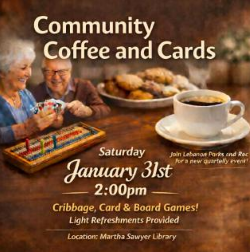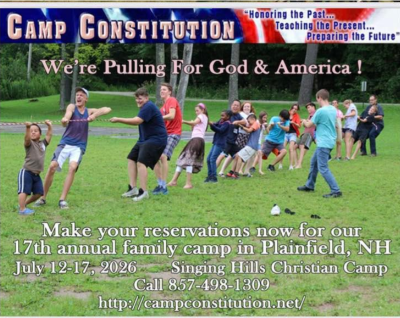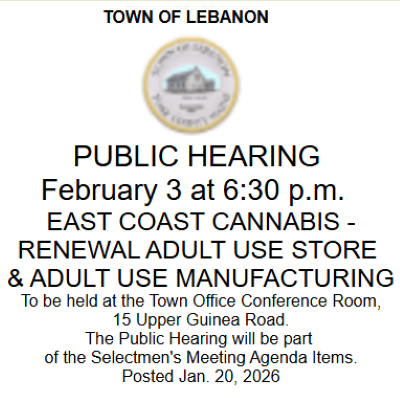Last month's Strafford County grand jury indictment list included a relatively rare case in the northern Seacoast: a domestic violence assault indictment involving a gay couple in Rochester.
Lorenzo Naranjo, 57, of 116 Charles St., Apt. B, is charged with one felony count of second-degree assault along with three counts of Class A misdemeanor simple assault in connection with a Jan. 13 incident and arrest.
The second-degree assault indictment alleges Naranjo strangled a male victim, causing him to "experience impeded breathing and/or blood circulation."
But while Rochester Police Department Capt. Gary Boudreau notes that domestic violence crimes among the LGBTQ community are rare occurrences around here, the percentages of domestic violence are fairly uniform when you compare heterosexual and LGBTQ couples.
What doesn't compare favorably is the incidence of reporting and reaching out for help and support, says Sexual Assault Support Services Program Manager Betsy Haley.
The reasons, she says, are rooted in a culture that systematically degrades and dehumanizes LGBTQs. It is a culture steeped in prejudice and misunderstanding.
"This particular population, to understand from a cultural perspective, has dealt with a lot of bias and stigma," Haley said recently. "And this population may not have felt accepted in the community, so someone experiencing this problem in a partnership may be even more reluctant to seek support."
Haley asserted that when gays or lesbians feel threatened in an abusive relationship, their fears are similar to heterosexual counterparts, but that is where the similarity ends.
"Because of homophobia and other transgender phobias, there's a greater element of fear," she said. "Their first response is no one is going to believe this is happening to me, because the power and control that is being asserted against them, that power and control is limiting to begin with. And then they have to reach out to someone outside the community who they don't know will accept them."
 |
| Source: National Coalition Against Domestic Violence |
Other reasons why many gays and lesbians don't reach out to domestic violence service providers is fear of being outed (if their sexual orientation is being kept in the closet) or fear that bringing the problem to light will be a setback for their community, whether it be gay or lesbian.
In other words, by spotlighting a lesbian domestic violence scenario, they are hurting any newfound legitimacy and cultural gains the lesbian community may have accomplished.
LGBTQ refers to lesbian, gay, bisexual, transgender and "Q," which can alternately stand for "queer" or "questioning," Haley said.
While many officials familiar with LGBTQ domestic violence acknowledged generally that percentages were probably equal with respect to violence and rape, within the lesbian and bisexual community it's actually much worse.
According to the National Coalition Against Domestic Violence, "43.8 percent of lesbian women and 61.1 percent of bisexual women have experienced rape, physical violence, and/or stalking by an intimate partner at some point in their lifetime, as opposed to only 35 percent of heterosexual women."
Haley is well aware of the problems concerning the underreporting of LGBTQ domestic violence and the underutilization of service providers in helping victims. She said that SASS goes out of its way to make such victims feel comfortable and safe when reaching out to her agency for help.
"When someone reaches out, we have to meet then where they're at and know the historical perspective that our culture has had on them, so we can put them in a comfortable place," she said. "We have to have a higher level of sensitivity so they feel comfortable seeking our help."
Haley also acknowledged that service providers like SASS and A Safe Place have often been viewed in the past as being primarily involved in heterosexual domestic violence intervention, but that both agencies - which will be combined as one beginning July 1 - are absolutely committed to being advocates for the LGBTQ community as well.
She said SASS and A Safe Place counselors are trained to work with all sexual orientations and that once trust can be established, real and productive interventions can be achieved.
"Once we're working with people and developing that relationship and rapport, it works well," she said.
Christiana Amesquita, marketing and communications manager for SASS, said SASS and A Safe Place are committed to doing more outreach and better serving LGBTQs.
"We want them to know that we're here and available for them," she said. "We want them to know you're not alone and there is support available and please reach out because we're here and we're trained."
Services could include anything from immediate shelter to helping with restraining orders to assisting with court appearances.
For more information go to asafeplacenh.org, sassnh.org or call their hotline at 888-854-3552
SASS and A Safe Place cover Rockingham and Strafford counties in New Hampshire.
In York County, Maine, Caring Unlimited services domestic violence victims including LGBTQs. They can be reached at caring-unlimited.org or their hotline at 800- 239-7298.







.jpg)






